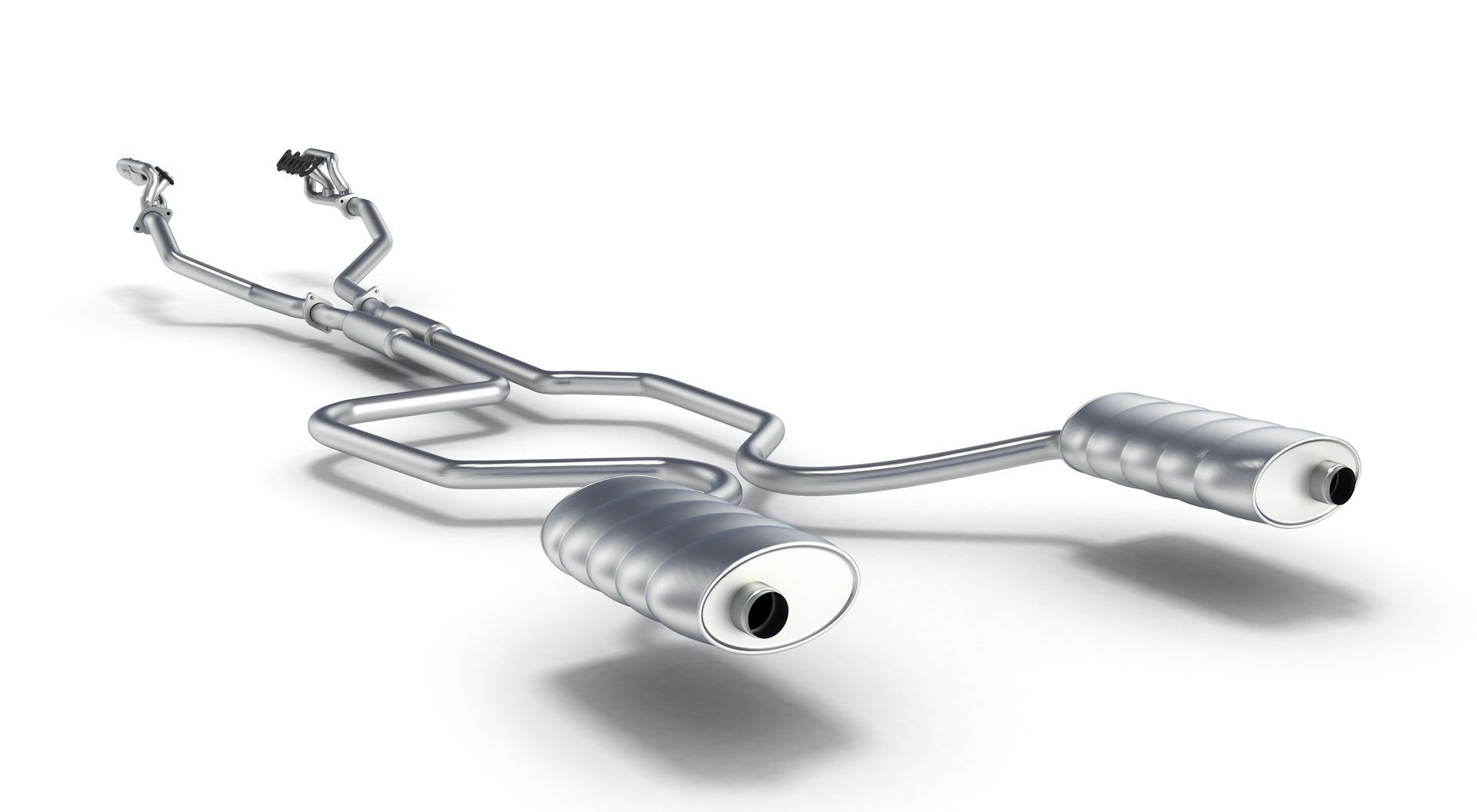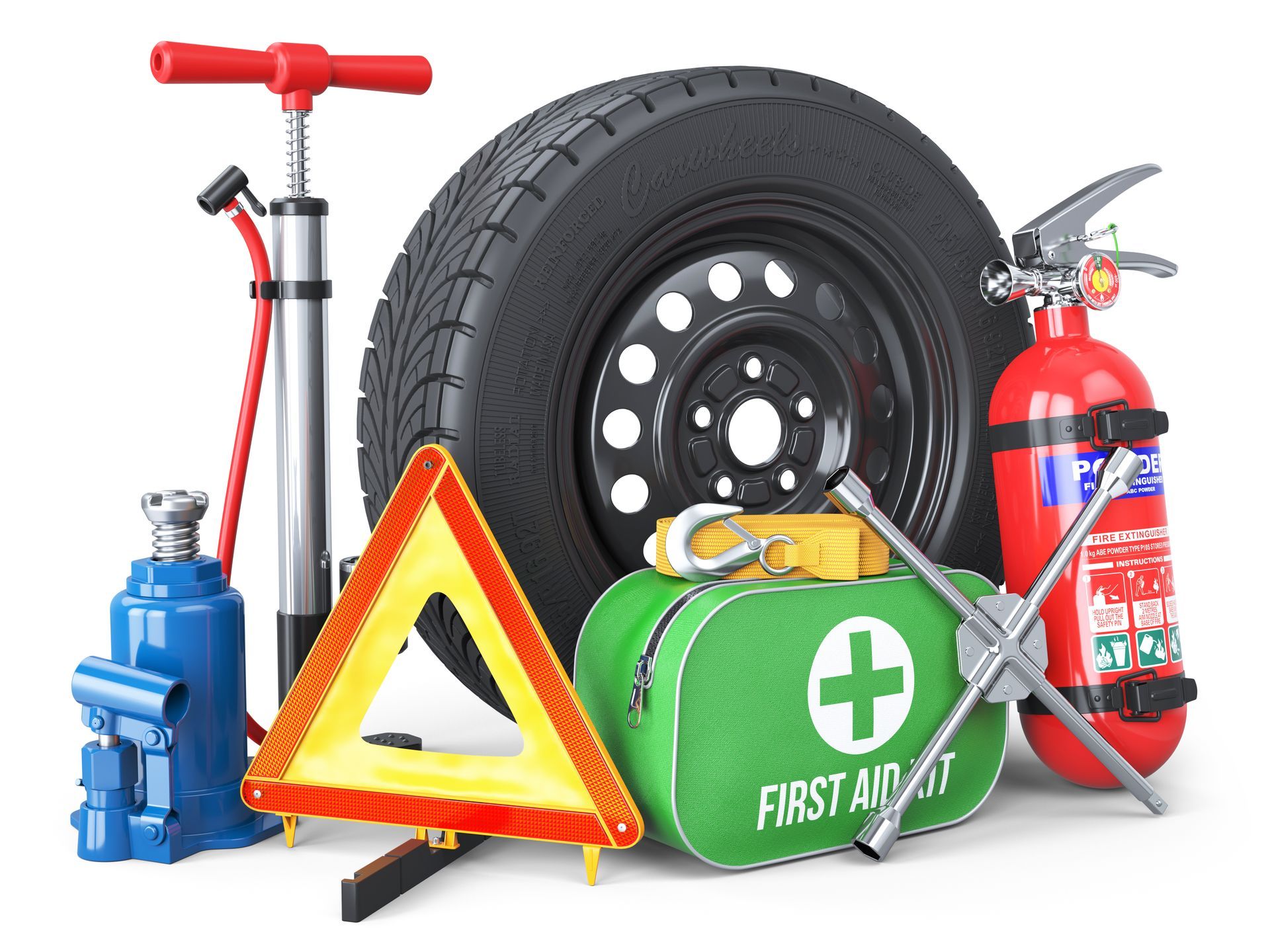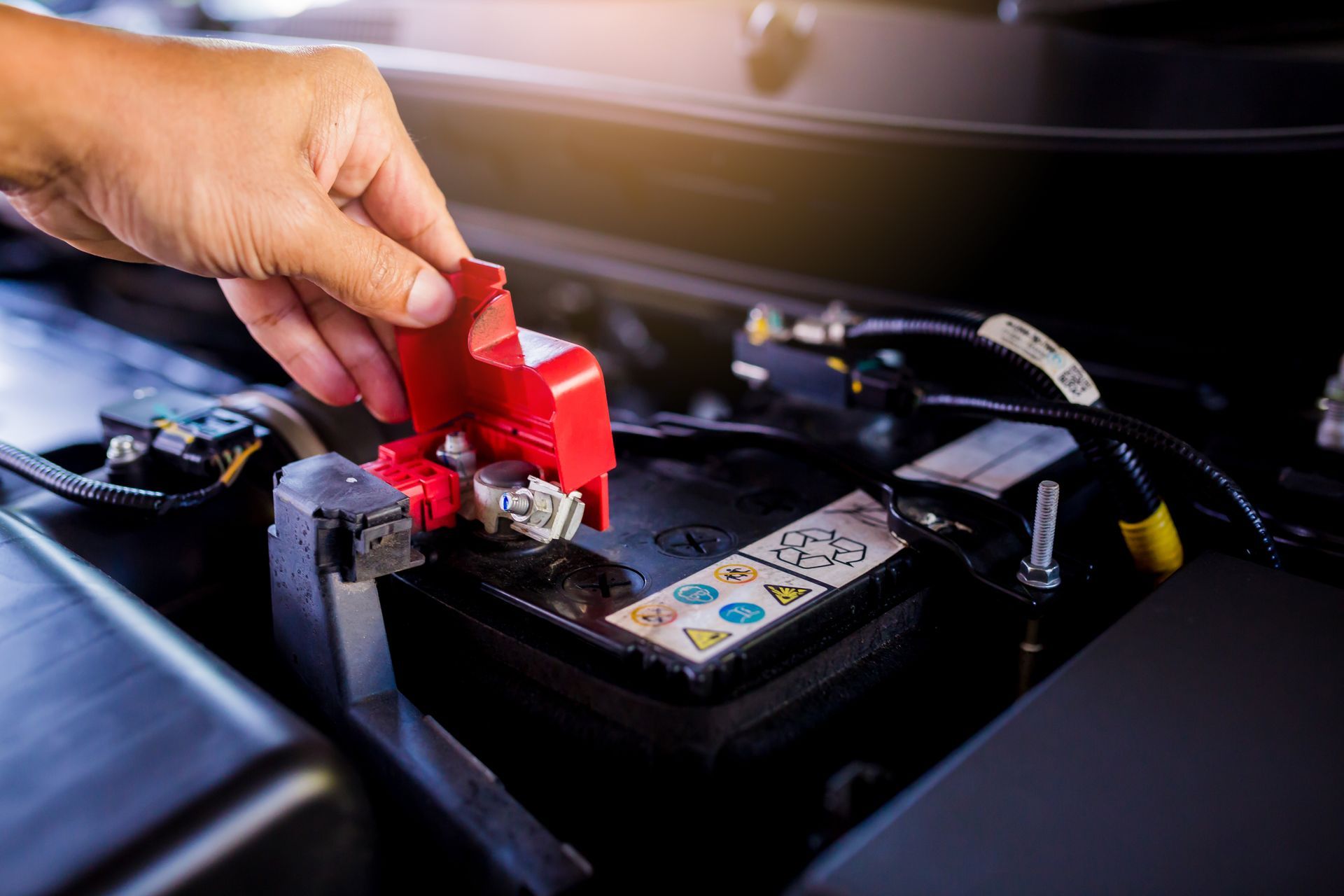Ever noticed your car consuming oil at an alarming rate or feeling like it’s lost its edge on the road? Burning oil and losing power aren’t just minor annoyances—they’re often symptoms of deeper issues that need your attention. If left unaddressed, these problems can escalate into costly repairs or even render your car undrivable. So, what’s behind these issues?
Worn or Damaged Piston Rings
The piston rings inside your engine play a crucial role in sealing the combustion chamber. They keep the oil in its place while allowing the engine to build the necessary compression for power. Over time, these rings can wear out or get damaged, allowing oil to slip into the combustion chamber, where it burns along with fuel.
When this happens, you may notice blue or gray smoke coming from your exhaust—an unmistakable sign of burning oil. Beyond the smoke, the engine may struggle to generate power due to reduced compression, affecting acceleration and overall performance.
Faulty Valve Seals
Valve seals are responsible for preventing oil from leaking into the engine’s cylinders. When these seals wear out, oil can seep into the combustion chamber, leading to burning oil and decreased power.
This issue often shows up as increased oil consumption without visible leaks. You might also notice a loss of power, especially during acceleration, as the engine struggles to perform efficiently.
Clogged PCV Valve
The Positive Crankcase Ventilation (PCV) valve is a small but significant part of your car’s engine system. It helps regulate the pressure within the crankcase and recycles unburned fuel vapors back into the combustion chamber.
A clogged or malfunctioning PCV valve can create excess pressure, forcing oil into areas where it doesn’t belong—like the combustion chamber. The result? Burning oil and reduced engine efficiency. Thankfully, this is often a straightforward and affordable fix.
Worn Cylinder Walls
Your engine’s cylinders are where the magic of combustion happens. Over time, the constant motion of the pistons can wear down the walls of these cylinders. When that happens, oil can slip past the worn areas and mix with the fuel-air mixture.
This leads to both oil consumption and reduced power since the engine struggles to maintain the proper compression levels needed for optimal performance.
Aging or Failing Turbocharger
If your car is equipped with a turbocharger, it could be the culprit behind burning oil and power loss. Turbochargers rely on oil for lubrication, and as they age, their seals can deteriorate. This allows oil to enter the intake or exhaust systems, where it burns and produces visible smoke.
A failing turbocharger can impact your engine’s ability to generate power, especially at higher speeds or under heavy load.
Poor Maintenance Practices
Let’s face it—neglecting regular maintenance is a recipe for trouble. Skipping oil changes, using the wrong oil type, or ignoring signs of wear can accelerate the breakdown of engine components.
Old or contaminated oil loses its ability to protect engine parts, leading to increased friction and wear. This can contribute to oil burning and power loss over time. Regular maintenance is key to keeping your engine running efficiently and preventing costly repairs.
Signs to Watch For
If your car is burning oil and losing power, you’ll likely notice some of these symptoms:
- Blue or gray smoke from the exhaust
- Increased oil consumption without visible leaks
- Loss of acceleration or reduced overall power
- Engine knocking or unusual noises
- A burning smell while driving
Ignoring these signs can worsen the problem and lead to more extensive damage, so it’s best to address them as soon as possible.
Preventing and Fixing the Problem
So, what can you do to keep your car from burning oil and losing power? Start with regular maintenance—oil changes, filter replacements, and routine inspections can go a long way.
If you suspect an issue, don’t wait to get it checked out. Addressing worn piston rings, faulty valve seals, or a clogged PCV valve early can save you from more expensive repairs down the road.
Follow the manufacturer’s recommendations for maintenance and replacement intervals for turbochargers and other high-performance components. Taking a proactive approach can help you avoid the hassle of major breakdowns.
Don’t ignore the warning signs—burning oil and power loss can lead to serious engine trouble. Trust the team at
Northside Auto to keep your car running like it should with top-notch maintenance and repair services.






